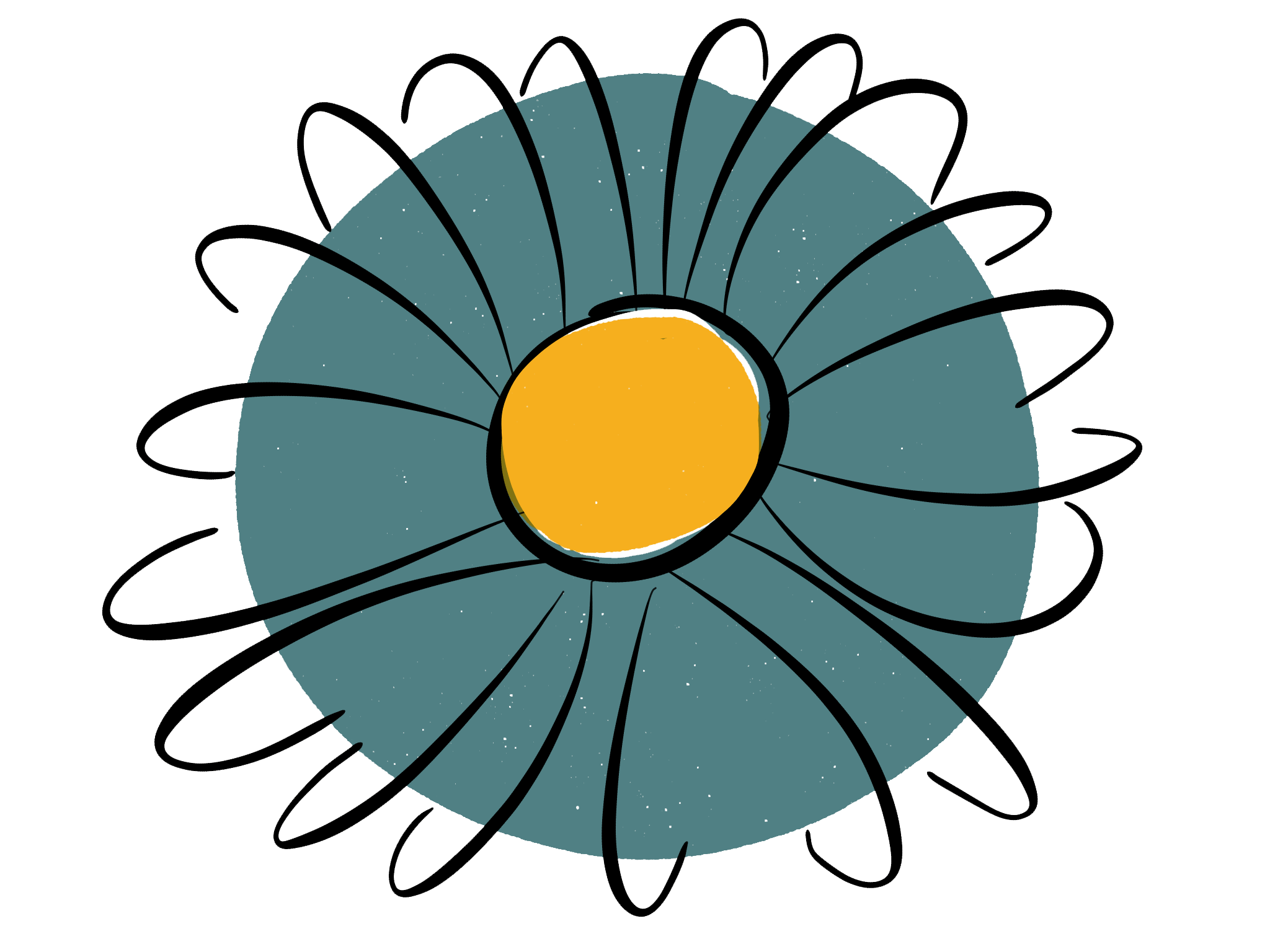
Introduction to
KNOWLEDGE
BUILDING
Knowledge Building Principles
Real Ideas, Authentic Problems
Knowledge problems arise from efforts to understand the world. Ideas produced are as real as things touched and felt. Problems are the ones learners care about - usually very different from textbook problems and puzzles.
Improvable
Ideas
All ideas are treated as improvable. Students work continuously to improve the quality, coherence and utility of ideas. This requires a culture of psychological safety so that people feel safe taking risks - revealing ignorance, voicing half baked notions, giving and receiving criticism.
Idea
Diversity
Just as biodiversity is crucial to the success of an ecosystem, so is idea diversity - including those in stark contrast - to create an environment for ideas to evolve and develop.
Epistemic
Agency
Students take responsibility for their ideas by determining the learning outcomes, processes and the challenges that accompany. It also means students engage in negotiation and dialogue to fit personal ideas with others.
Democratizing Knowledge
The creation of knowledge is no longer confined to a few. Instead, all are empowered to create and recognised as valid contributors to advance the knowledge of the community.
Rise
Above
Creative knowledge building entails working toward more inclusive principles and higher-level formulations of problems. It means learning to work with diversity, complexity and messiness, and out of that achieve new syntheses. By moving to higher planes of understanding, knowledge builders transcend trivialities and oversimplification.
Pervasive Knowledge Building
Knowledge building is not confined to particular occasions or subjects but pervades mental life - in and out of school.
Symmetric Knowledge Advancement
Expertise is distributed within and between communities. Symmetry in knowledge advancement results from knowledge exchange and from the fact that to give knowledge is to get knowledge.
Knowledge Building Discourse
The discourse of knowledge building communities results in more than the sharing of knowledge; the knowledge itself is refined and transformed through the discursive practices of the community - practices that have the advancement of knowledge as their explicit goal.
Embedded, Concurrent & Transformative Assessment
Assessment is part of the effort to advance knowledge - it is used to identify problems as the work proceeds and is embedded in the daily workings of the organization. The community engages in its own internal assessment, which is more fine-tuned and rigorous that external assessment, and serves to ensure that the community's work will exceed the expectation of external assessors.
Constructive
Use of Authoritative Sources
To know a discipline is to be in touch with the present state and growing edge of knowledge in the field. This requires respect and understanding of authoritative sources, combined with a critical stance toward them.
Community Knowledge, Collective Responsibility
Contributions to shared, top-level goals of the organization are prized and rewarded as much as individual achievements. Team members produce ideas of value of others and share responsibility for the overall advancement of knowledge in the community.












